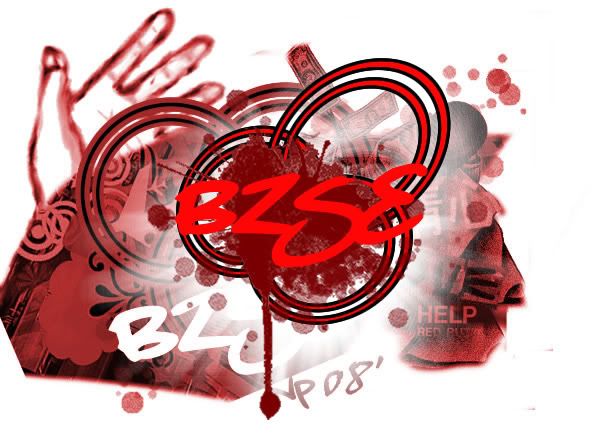Justine's Collaborative Approach Assignment
 (Picture above: Festus Kalokola, a Tanzania facilitator, clarifies a point to participants during learning session group work.)
(Picture above: Festus Kalokola, a Tanzania facilitator, clarifies a point to participants during learning session group work.)
Since 2003, the USAID-funded Quality Assurance Project started to support health ministries in Nicaragua, Niger, and Tanzania to improve the quality of healthcare for hospitalized children through national Pediatric Hospital Care Improvement (PHI) Collaboratives. The PHI Collaboratives’ goal was to follow WHO guidelines for the management of childhood illness to local health care settings and conditions. Supporting the application of the adapted guidelines, they then scale up the lessons learned and work towards improvements.
The Millenium Developmental Goal (MDG) their project was trying to achieve is to “Reduce child mortality. Many programs to reduce child mortality have overlooked district hospitals, where seriously ill children are taken but quality of care is often poor.
Hence the PHI collaborated with many International Organizations to help better improve their healthcare systems. The list of partners include:
Ministry of Health, UNICEF, CARE, Pan American Health Organization, Ministry of Health, WHO, the World Bank, the European Union, Belgium Cooperation, Ministry of Health Reproductive and Child Health Services, Integrated Mangement of Childhood Illness Unit.
PHI objectives was to improve the quality of care in district hospital services for children with severe illnesses, such as severe diarrhea and dehydration, pneumonia, malaria, malnutrition, and HIV/AIDS. They also aim to strengthen networks of care within each hospital to triage, diagnose, and initiate appropriate treatment and follow-up of severely ill children. And then spread the lessons learned in improving pediatric hospital services to other facilities in the health system.
(Picture below: A health worker in Nicaragua is trained in neonatal resuscitation using anatomical models)

Things worked out well for them, their approach prove to be a success, as the quality of care did improve significantly. The program was indeed effective and efficient.
(As you can see in the table below, the number of children arriving in the emergency wards receiving adequate care rose from less than 30% to 100% after the program)
 Recommendations:
Recommendations:
In my opinion, I do feel that this collaborative approach was a success. However, I do have a few recommendations:
1) Sustainability: Though the program was effective and efficient, it ran for only 1 year from 2003 t0 2004. I can't help but realize there was no sustainability plan installed to help even more heatlhcare institutions.
2) Participation: Though there were many International Organizations that funded the program. There was not much participation from them. The coaching and mentoring was all done by local experts. I do feel that these International Organizations could have helped by providing doctors and nurses to transfer skills to the locals there.
But all in all, they did reach their main goal of improving healthcare, which was to reduce child mortality. Hence, I feel this program has achieved its goals.
Done by: Justine Lee
Word Count: 474
We Loved12:17 PM





 April 2008
April 2008